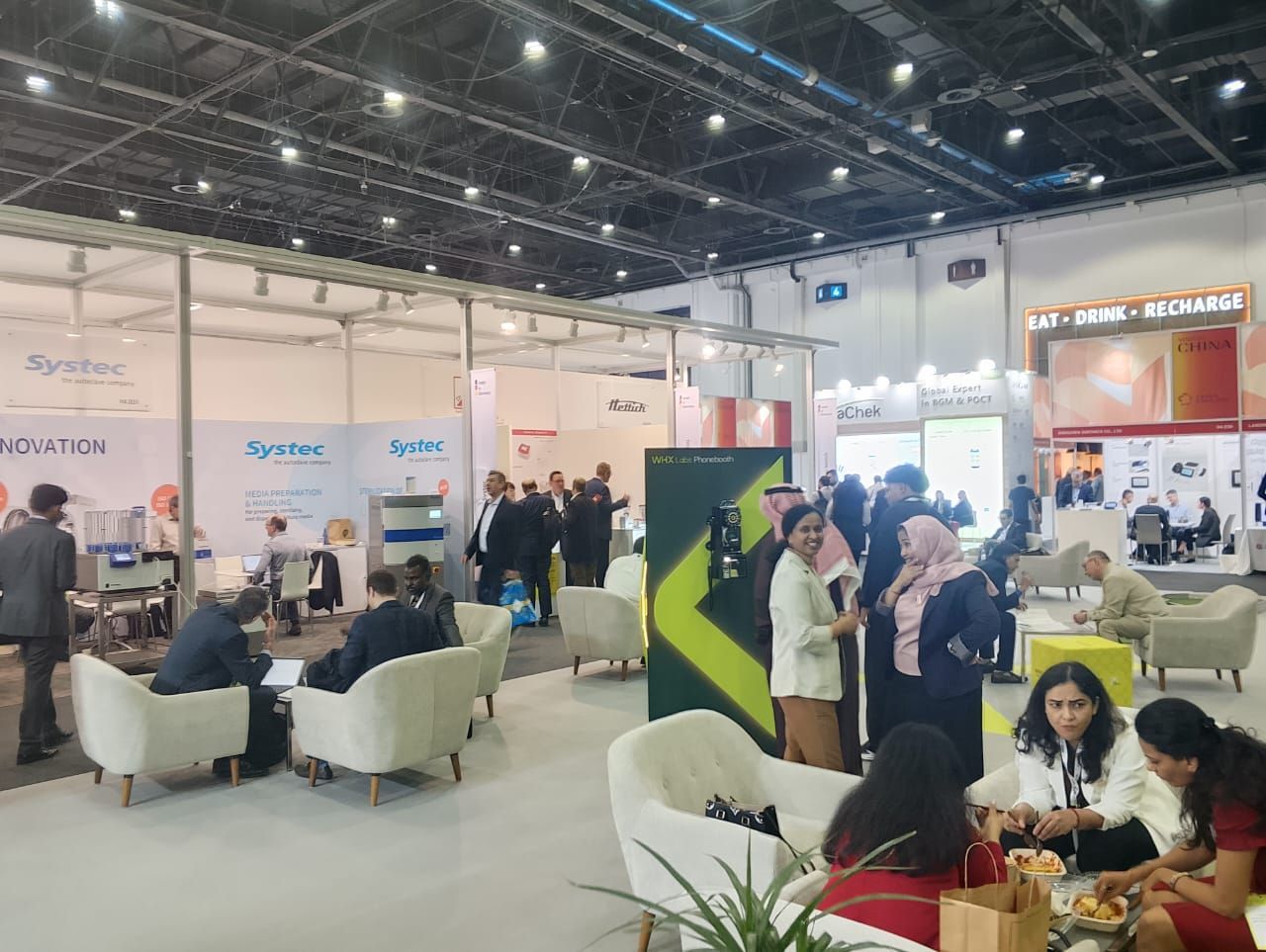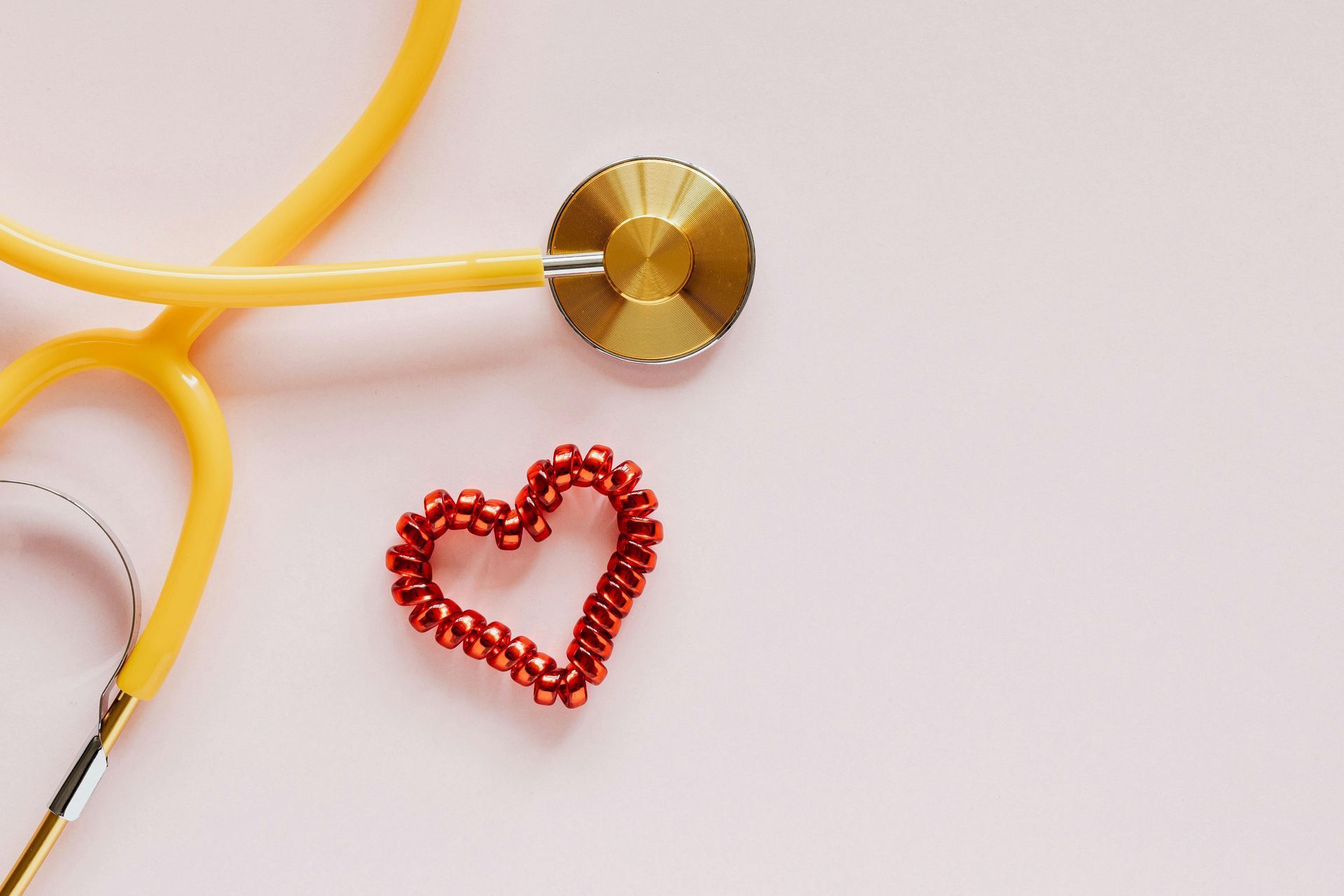News
Useful Links
Contact Info
Tel: +233(0) 20 575 1467
Email: enquiries@nrmeds.com
Tel:
+233 20 575 1467
Email: enquiries@nrmeds.com
Sign up for our newsletter
Thank you for contacting us.
We will get back to you as soon as possible.
We will get back to you as soon as possible.
Oops, there was an error sending your message.
Please try again later.
Please try again later.



